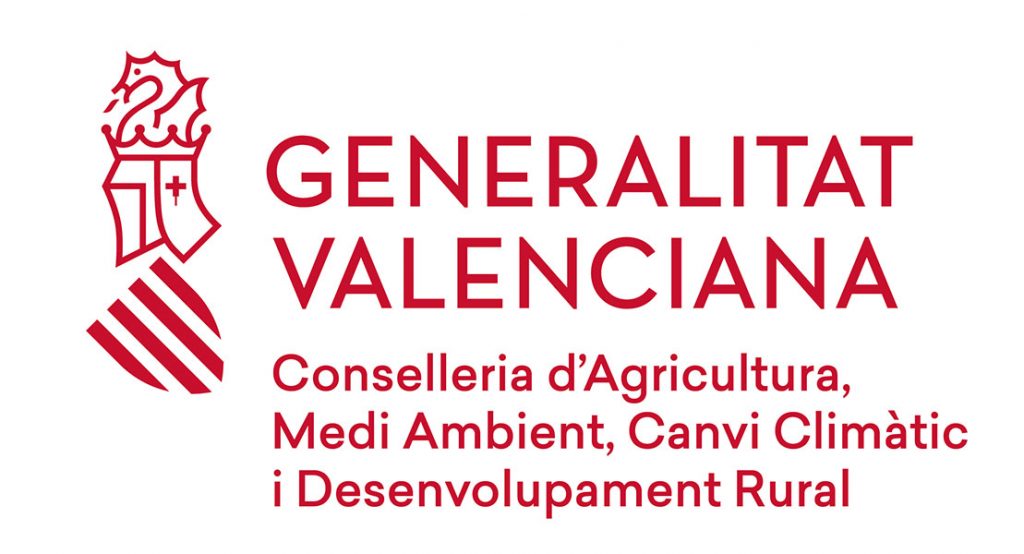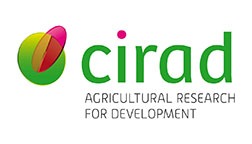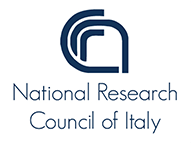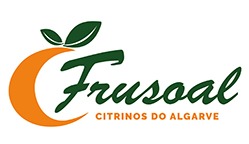
PREVENTING HLB EPIDEMICS FOR ENSURING CITRUS SURVIVAL IN EUROPE
The emerging disease Huanglongbing (HLB, also known as Greening) is caused by the quarantine bacterial pathogens Candidatus Liberibacter asiaticus (CLas), africanus (CLaf) and americanus (Clam), all of them are phloem-limited bacteria that are transmitted by insect vectors.
HLB is considered the most devastating citrus disease due to its rapid dispersal, severity and fast progression of symptoms, huge losses in fruit production and quality, cost and difficulty of preventing new infections, lack of resistant commercial citrus varieties and economically feasible treatments for infected trees, and absence of durable control mechanisms.
The EU citriculture basin is one ot the most important citrus production area in the world, and now, is threatened by HLB since the vector T. Erytreae has been detected and is spreading in Spain and Portugal.
PRE-HLB goal is to develop and implement a holistic contingency plan to protect the citrus sector in the EU from HLB disease drivers and to co‐create new solutions to manage the disease through a multidisciplinary approach and in collaboration with experienced partners from America and Asia.
This is a four-year’s project started in june 2019 and will end in May 2023 financed by the Horizon 2020 programme. The project bring 24 partners from 9 different countries: Spain (10), Portugal (3), Italy (3), Brazil (2); UK (2), France (1), Israel (1), China (1) and Netherlands (1).
For more information, please visit the project web page at https://www.prehlb.eu/about/
























The project aims:
- To establish short‐term preventive actions to monitor vector spread and risk of HLB invasion in the EU, to establish efficient control measures and to set up an HLB information and communication network to discuss Pre‐HLB results with phytosanitary authorities to facilitate the development and implementation of a new EU health policy.
- Setting up medium‐term mitigation actions to reduce the spread of psyllid/HLB via rapid interventions though analysis of the Insect interactions to understand the biology of the vector/disease. Development of Vector/Bacteria detection and integrated pest management strategies. Data‐ and model-based risk assessment tools adjusted to the EU and associates.
- Implementing long‐term avoidance actions by biotechnological approaches, including exploitation of resistance to HLB-causing bacteria or to insect vectors, generation of genetic resistance to them, and development of new biocontrol agents.

This project has received funding from the European Union’s Horizon 2020 research and innovation program under grant agreement nº 801234




